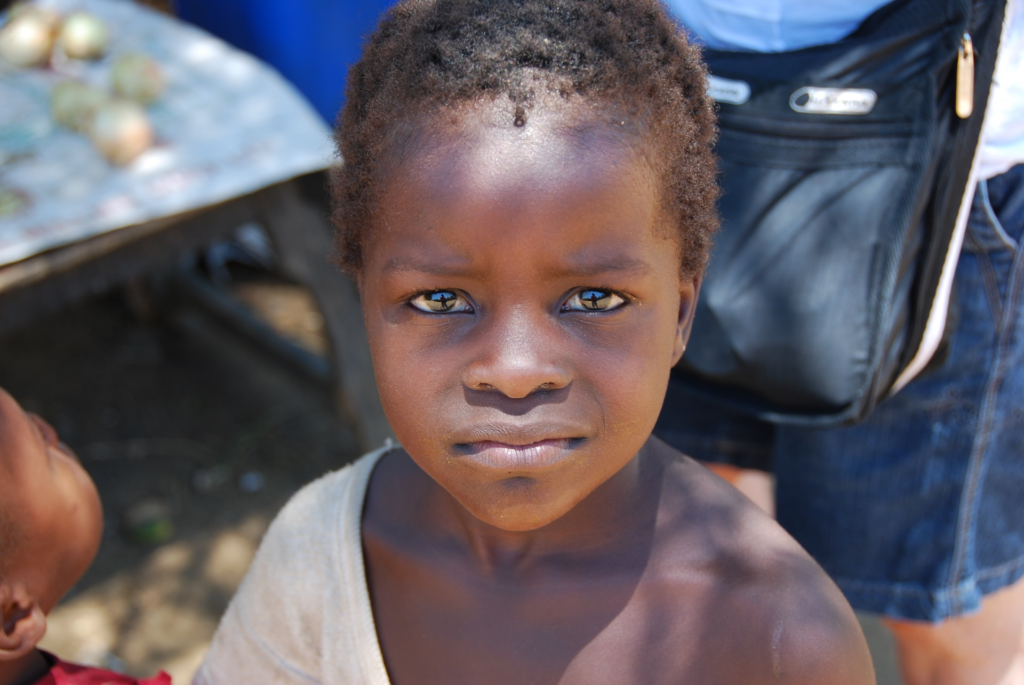(par 5.2.1.5.1) Famine (taken from Wikipedia)

Famine https://en.wikipedia.org/wiki/Famine From Wikipedia, the free encyclopedia Photograph showing starving children during the Russian famine of 1921 A famine is a widespread scarcity of food,[1] caused by several factors including crop failure, population imbalance, or government policies. This phenomenon is usually accompanied or followed by regionalmalnutrition, starvation, epidemic, and increased mortality. Nearly every continent in the world has experienced a period of famine throughout history. […]
(par 5.2.1.5 ) UN Moves To Address Food Challenges In Developing Regions

UN Moves To Address Food Challenges In Developing Regions http://www.ventures-africa.com/2014/11/un-moves-to-address-food-challenges-in-developing-regions/ November 25, 2014 EditorCorporate Social Responsibility, Leadership VENTURES AFRICA – At the recent Cookstoves Future Summit in New York, the United Nations World Food Programme (WFP) announced plans to provide safe cooking energy to 10 million people by 2020. This it hopes will bring the world closer […]
(par 5.2.1.5 ) Nutrition (taken from Wikipedia)

Nutrition From Wikipedia, the free encyclopedia https://en.wikipedia.org/wiki/Nutrition This article is about nutrition in general. For nutrition in humans, see human nutrition. For the medical journal, see Nutrition (journal). The “Nutrition Facts” table indicates the amounts ofnutrients that experts recommend to limit or consume in adequate amounts. Nutrition is the science that interprets the interaction of nutrients and other substances in food (e.g.phytonutrients, anthocyanins, tannins, etc.) […]
